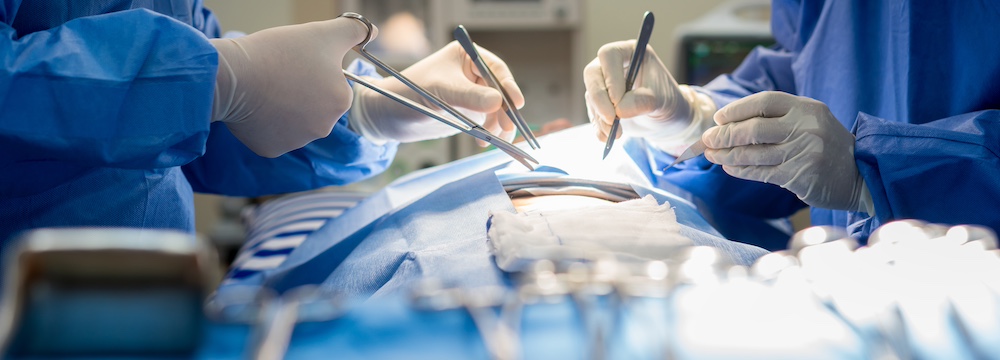Official Minimally Invasive Institute of Surgery Blog
All Articles
General Surgery, Lifestyle
To Shave or Not to Shave Before Surgery
Hernia
Do All Hernias Hurt?
Colon & Rectal, Weight Loss
Concerns Over Wegovy and Gastroparesis
Colon & Rectal, Lifestyle, Supplements
Parsing the Trend of Increasing Laxative Use
Gallbladder, Gallstones
How Do I Know I’m Having a Gallbladder Attack?
Gallbladder, Gallstones, Robotic Surgery
Do We Check for Other Problems While in the Abdomen?
Gallbladder, GERD
What Is Bile Reflux? And Do I Need to Worry About It?
Hernia
How Long Does a Mesh Hernia Repair Last
Bariatric Surgery, Gallbladder, Gallstones
How Weight Loss & Gallstones Are Linked
GERD
The Problem With GERD Medication Beyond Its Side Effects
Bariatric Surgery, Gallbladder
Should Your Gallbladder Be Removed Prophylactically During Bariatric Surgery?
Gallbladder, General Surgery, Hernia
Driving After Your Surgical Procedure






